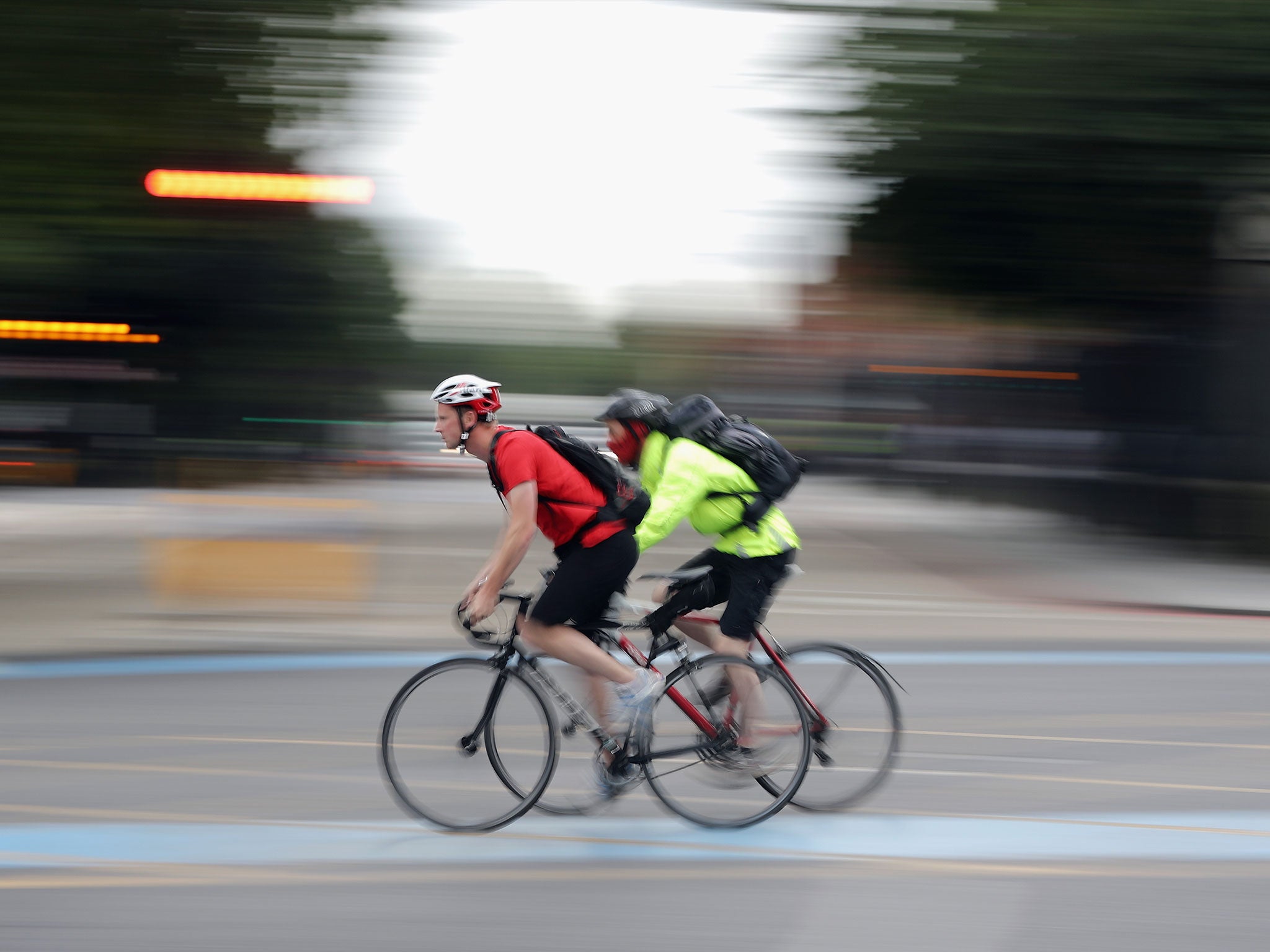Crackdown on whiplash claims could prevent non-motorists getting compensation for road injuries, MPs warn
Personal injury value limit moving to £5,000 will mean vulnerable road users will find it harder to get compensation for minor injury claims after a traffic accident

A law change aimed at clamping down on whiplash claims and cutting driver’s insurance premiums will make it harder for pedestrians, cyclists and other vulnerable groups to access legal compensation, MPs have warned.
Catherine West, Labour MP for Hornsey and Wood Green, has put forward a motion to exempt vulnerable road users (VRUs) from the changes proposed in the government’s Civil Liability Bill.
The bill will cap the value of “soft tissue injury ‘whiplash’” payouts to motorists and passengers, it also increases the minimum value for personal injury claims to go to court for all road accidents to £5,000 – compared to £2,000 for other injuries.
These cases will now have to go through small claims court, meaning victims will be unable to reclaim the cost of legal representation, and should mean fewer claims, and smaller costs and lower premiums for drivers.
But the bill provides no exemption for cyclists, horse riders and others who do not stand to benefit from cheaper premiums and won’t have legal support through insurers.
“I want to see ministers apply common sense when it comes to lawmaking,” said Ms West.
“Cyclists and other vulnerable road users, including children, should be protected on our roads, not punished by the government if they are unfortunate enough to have a non-fault accident”.
The bill, introduced by David Gauke, the justice secretary, this month, is a sweeping overhaul of personal injury law and aims to bring down the cost of “exaggerated and fraudulent claims” and tackle the UK’s “compensation culture”.
Road traffic accident personal injury claims are 50 per cent higher than a decade ago despite the number of claims falling.
This is driven by “predatory parts of the claims industry that encourage minor, exaggerated and fraudulent claims”, the government said.
It said that these changes will bring annual insurance premiums down by £1bn, saving the average motorist about £35 a year.
The motion, put forward on Wednesday, raises concerns that vulnerable groups “including cyclists, pedestrians, horse riders and motorcyclists” will be swept up in the reforms “despite there being no evidence that non-fault road traffic accident injuries suffered by VRUs include whiplash.
“VRUs deserve the government’s protection, as opposed to removing their rights to redress for injuries under tort,” it adds.
Campaigners and solicitors groups are calling for more MPs to back the motion and protect the rights of road users outside of cars.
Roger Geffen, policy director of Cycling UK, told The Independent: “The government’s proposals could drastically undermine road crash victims’ ability to secure compensation.
“Worse still, the burden will fall disproportionately on pedestrians and cyclists.”
These groups are far more likely to be the victim in any accident, and as they don’t have compulsory insurance they are less likely to have lawyers to “fight their corner” and won’t benefit from cheaper premiums.
“If the government wants to encourage more people to walk and cycle, it really needs to safeguard their entitlement to compensation in the event of an injury, as well as acting to prevent injuries from occurring in the first place,” added Mr Geffen.
Ed Fletcher, CEO of Fletchers Solicitors, which handles around a third of motorcycle accident claims in England and Wales, said: “While I’m sure we can all agree on the need to wipe out fraudulent claims, the government also needs to recognise that its current proposals will put vulnerable road users at a substantial disadvantage.”
The Ministry of Justice said it has listened to the concerns of the All Party Parliamentary Cycling Group about the bill’s impacts, and the bill could be amended further before its second reading.
It confirmed that the whiplash claims cap will only apply to motor vehicle occupants, but cyclists and pedestrians would be hit by the increase in the small claims limit.
Join our commenting forum
Join thought-provoking conversations, follow other Independent readers and see their replies
Comments
Bookmark popover
Removed from bookmarks